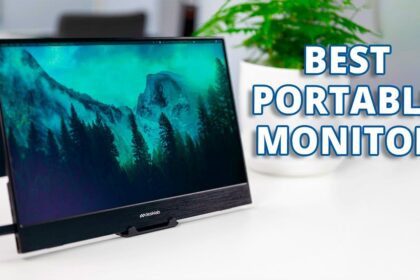4K Drone Cameras for Beginner Filmmakers (4K Drone with Camera)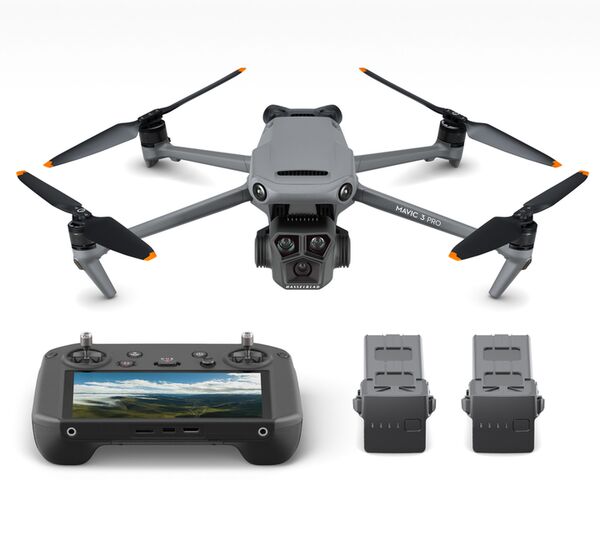
If you’ve ever watched a breathtaking aerial shot and thought, “I’d love to do that, but it seems too expensive or complicated,” you’re in for a treat. Modern 4K drone cameras have become budget‑friendly, user‑friendly, and practically unstoppable for creative folks who want to shoot professional aerial footage. Let’s dive into the ultimate guide on 4K drones for newbie filmmakers, focusing on what to buy, how to fly, and why it’s the perfect time to launch your cinematic dreams skyward.
Why 4K Drones Are a Game‑Changer for New Filmmakers
Urban landscapes, epic travel vlogs, or short films—why go 4K?
The drone revolution has been simmering for years, but it’s only recently that 4K resolution became standard at entry‑level prices. That means you no longer have to rent a Hollywood rig or buy a $2,000 prosumer setup just to capture crisp, stable aerial shots. Whether you’re filming a wedding highlight reel or an indie short about your hometown, 4K footage elevates your production value almost overnight.
The Rise of Affordable Aerial Cinematography
It wasn’t long ago that the idea of filming from the sky demanded a helicopter or a giant crane. Then drones arrived, but early models with decent cameras cost as much as a secondhand car. Over time, however, manufacturing scaled up, competition kicked in, and crucial camera technology trickled down. Now you can get a stable, 4K‑capable quadcopter for well under $1,000. Even at $500–$600, you’ll find respectable models that let you practice flight maneuvers and capture respectable footage, albeit with fewer bells and whistles.
4K Drone Footage vs. 1080p Drones—What’s the Real Difference?
You might be wondering: Does 4K really matter if I’m just uploading to YouTube or editing on my five‑year‑old laptop? The short answer is yes. 4K resolution carries four times as many pixels as 1080p. That means sharper detail, more flexibility in post‑production (like cropping or stabilizing footage without losing clarity), and future‑proofing your work for higher‑end screens. Even if you downscale to 1080p eventually, starting with 4K gives you a professional edge. If you’re using cinematic frame rates like 24fps or 30fps, that extra pixel density can make your final shot look luscious.
How 4K Drones Empower Small‑Budget Productions
Need establishing shots of a small town? B‑roll of scenic mountains? An overhead chase scene where your protagonist flees across a field? Before 4K drones, you’d have to rent a pricey jib, crane, or helicopter pilot. Now, for the cost of a secondhand DSLR, you can spin up your propellers and capture your scene in minutes. For indie filmmakers, wedding videographers, or travel vloggers, this opens up a new realm of possibility—shooting dynamic angles without draining your budget. Some might even argue that aerial cinematography is now the baseline for standing out in a crowded content market.
Key Features to Look for in a Beginner‑Friendly 4K Drone
Not all 4K drones are created equal. Some might brag about resolution but skimp on flight controls or stability. Others might have excellent flight times but compromise on camera quality. Let’s discuss the essentials you should check before clicking “Buy Now.”
Camera Quality and Frame Rates
Yes, it says “4K” on the box, but is that 4K at 24fps, 30fps, 60fps… or just an upscaled resolution? Ideally, you want at least 4K at 30fps. More advanced drones offer 4K at 60fps or even 120fps for slow‑motion shots. Also pay attention to bitrate—low bitrates can make 4K footage look mushy. A typical consumer drone might have 100 Mbps or higher, which is a solid benchmark for decent detail and color depth.
Flight Modes, Stability, and GPS Lock
A stable drone is a safe drone, especially for beginners. Basic features like GPS positioning, altitude hold, and beginner flight modes (often called “Beginner Mode” or “Easy Mode”) can save you from drifting into trees or slamming into rooftops. Some drones also come with advanced flight modes like Follow Me, Orbit, or Waypoints, which are fantastic for dynamic shots without intricate piloting.
Battery Life, Charge Time, and Intelligent Power Management
Most entry to midrange drones promise 20–30 minutes of flight per battery, but real‑world times can be a few minutes shorter. If you plan on filming scenic vistas or traveling to remote areas, extra batteries are a must. Intelligent flight batteries often come with features like auto‑discharge or LED status indicators, which help you manage battery health over the long haul.
Obstacle Avoidance Systems and Sensors
Beginner filmmakers often fixate on the camera specs but overlook the drone’s ability to detect and avoid obstacles. Especially if you’re capturing dynamic shots near trees, buildings, or crowds, basic front‑sensing or multi‑direction obstacle avoidance can save your rig. Many new 4K drones have at least forward collision sensors, while pricier models offer 360‑degree coverage.
Portability and Foldable Designs
For travelers, vloggers, and on‑the‑go filmmakers, foldable drones are a gift from the heavens. They collapse into a compact shape that can tuck into a backpack or even a large jacket pocket. Think about how often you’ll be moving from location to location. A tiny footprint can be the difference between bringing your drone everywhere or leaving it at home because it’s too cumbersome.
Read Also 10 Affordable Foldable E-Bikes Under $1,500
Best 4K Drones Under $1,000 for Beginners
You don’t have to drop a fortune to get crisp 4K drone footage—these entry‑level picks all hover below four figures.
DJI Mini 3 Pro—Portable 4K Marvel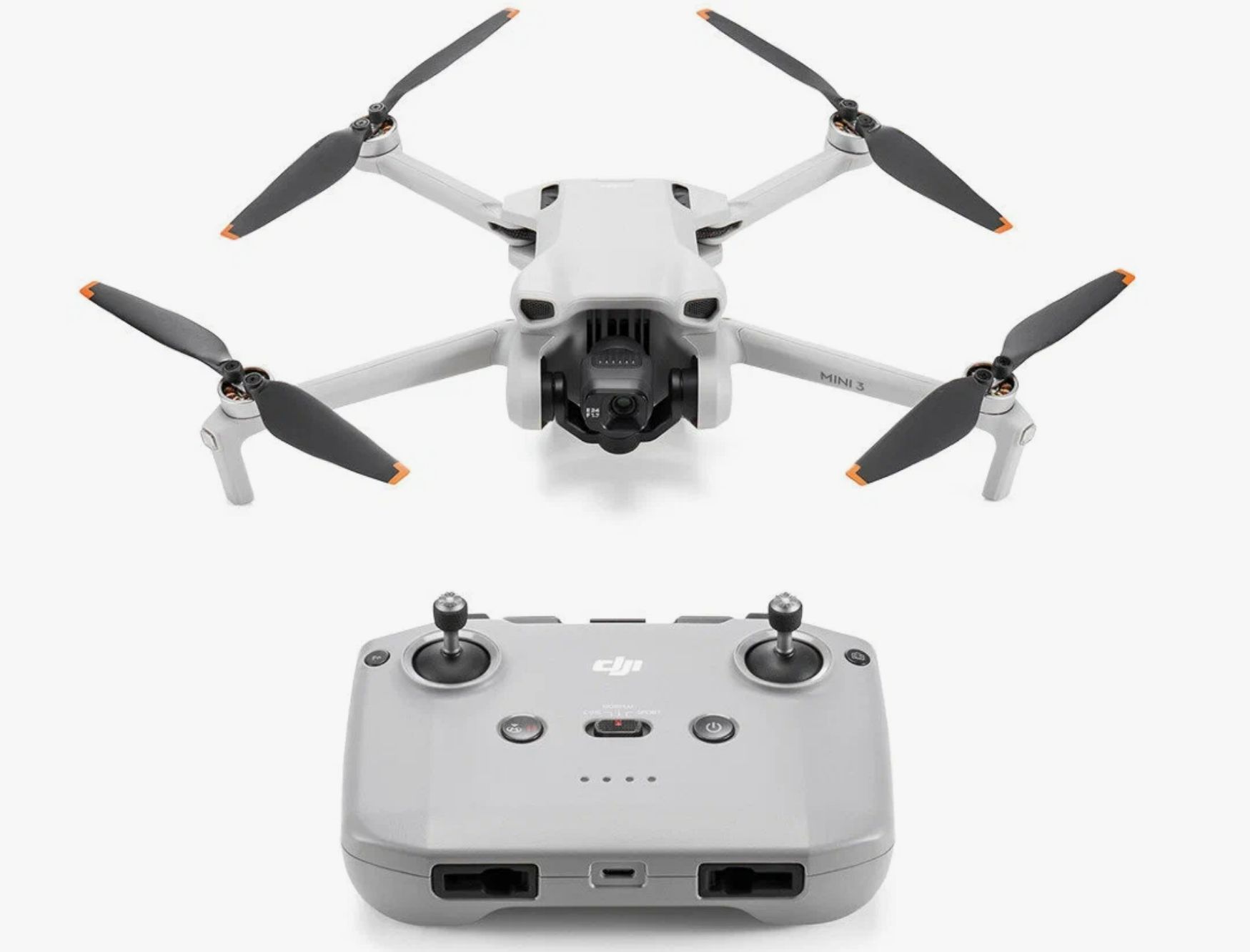
Price Range: ~$759–$909 depending on bundles
Camera Specs: 4K at 60fps, 1/1.3‑inch sensor
Flight Time: ~34 minutes (regular battery) or ~47 minutes (extended battery)
Notable Features: Front/Down obstacle sensors, O3 video transmission, up to 12km range.
Why It’s Great: DJI’s Mini series used to be limited to 2.7K or 30fps in 4K, but the Mini 3 Pro unleashes some truly pro features at a beginner’s price. Weighing under 250g, it’s also easier to register in many regions. Perfect for traveling light.
Autel EVO Nano+—Compact Yet Powerful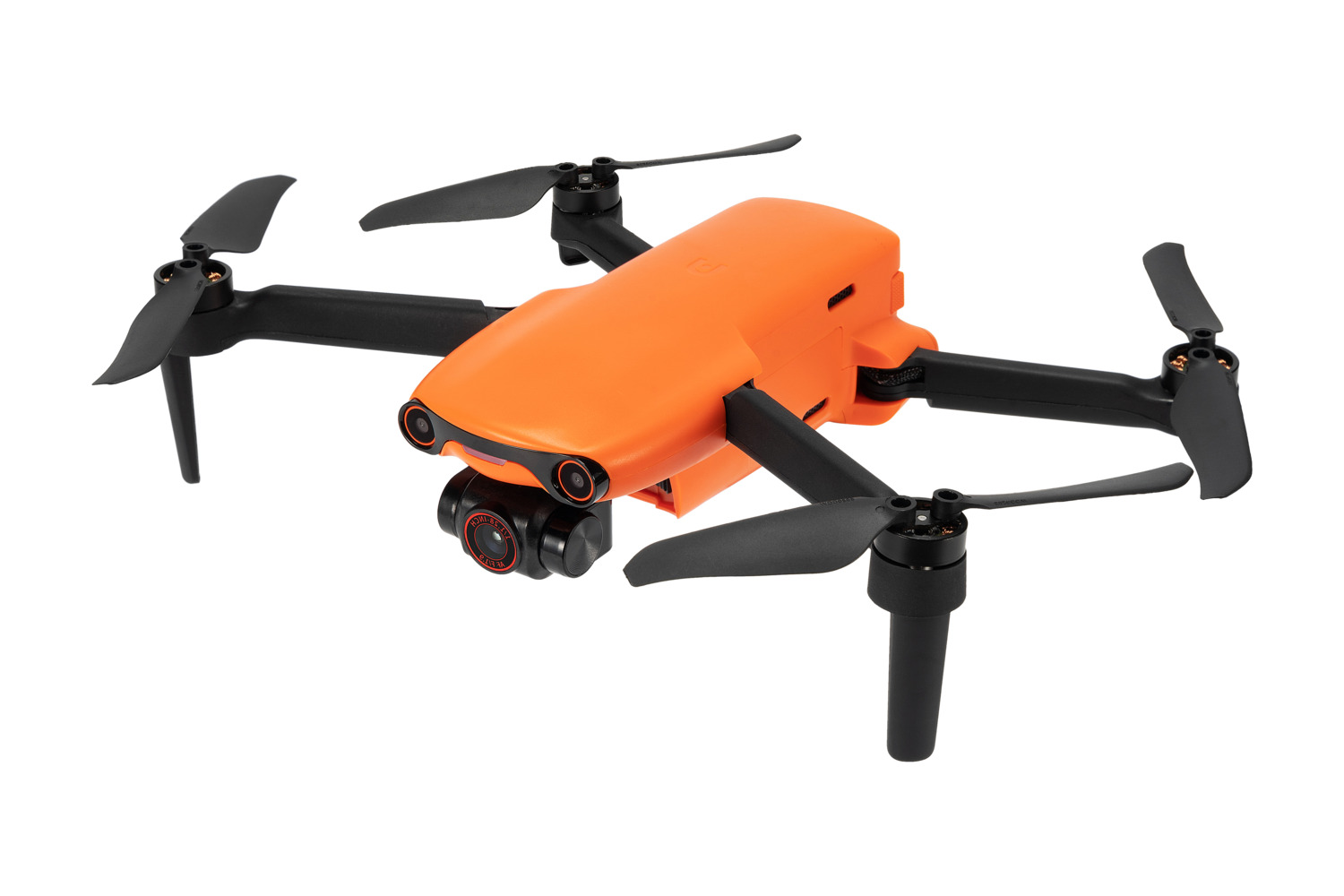
Price Range: ~$799–$949
Camera Specs: 4K at up to 30fps, 1/1.28‑inch CMOS
Flight Time: ~28–30 minutes
Why It’s Great: Slightly bigger than the Mini 3 Pro, but offers improved dynamic range and color. Its obstacle avoidance is multi‑directional, which is a huge plus for new pilots learning the ropes.
Holy Stone HS720G—Budget 4K Contender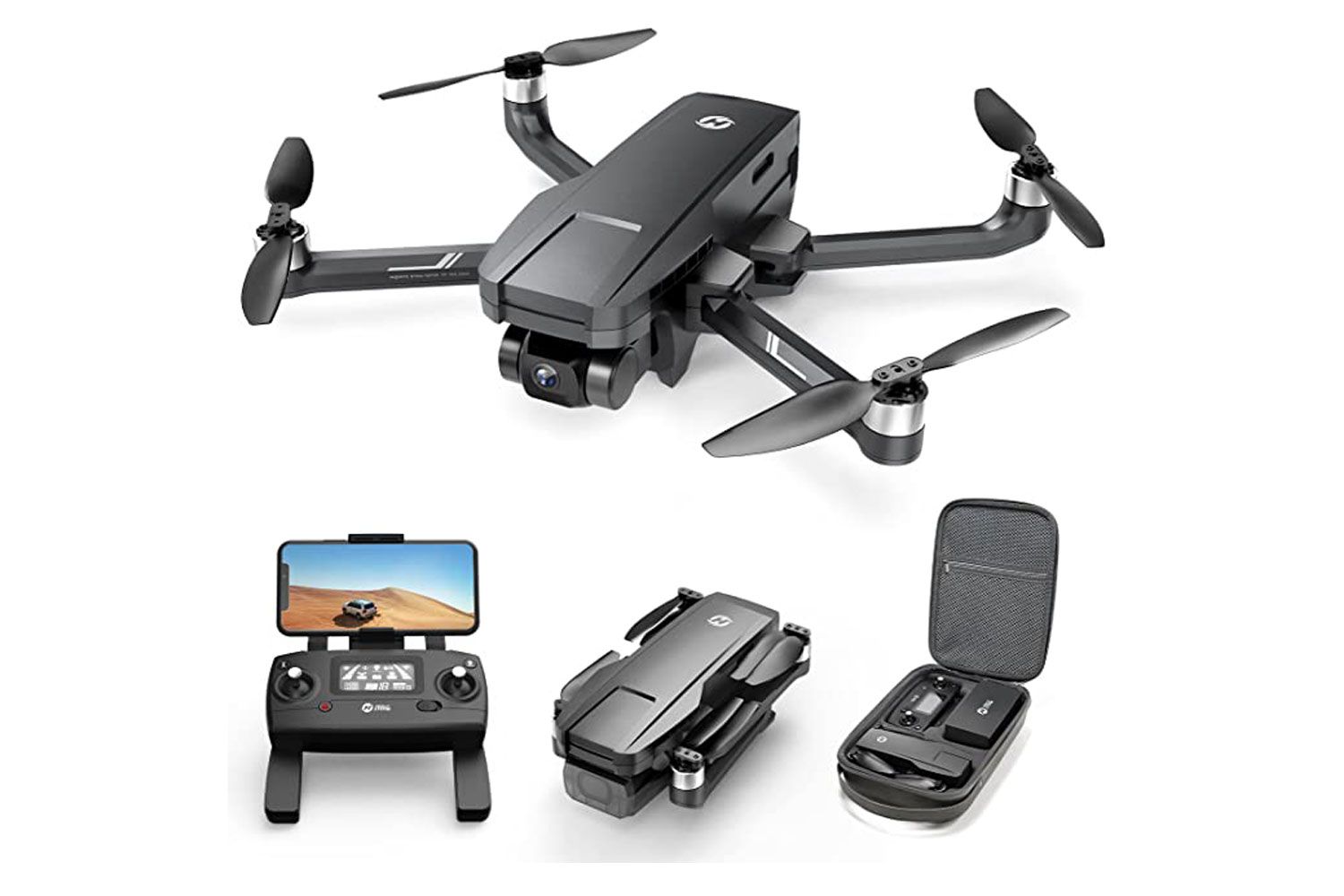
Price Range: ~$299–$399
Camera Specs: 4K 30fps, 2‑axis gimbal with EIS
Flight Time: ~26 minutes
Why It’s Great: If you’re strapped for cash but want to experiment with 4K, the HS720G is a decent first step. It lacks the advanced collision sensors of DJI or Autel, but its price point and stable 2‑axis gimbal make it a commendable entry.
Potensic Dreamer Pro 4K—Underdog with Surprising Punch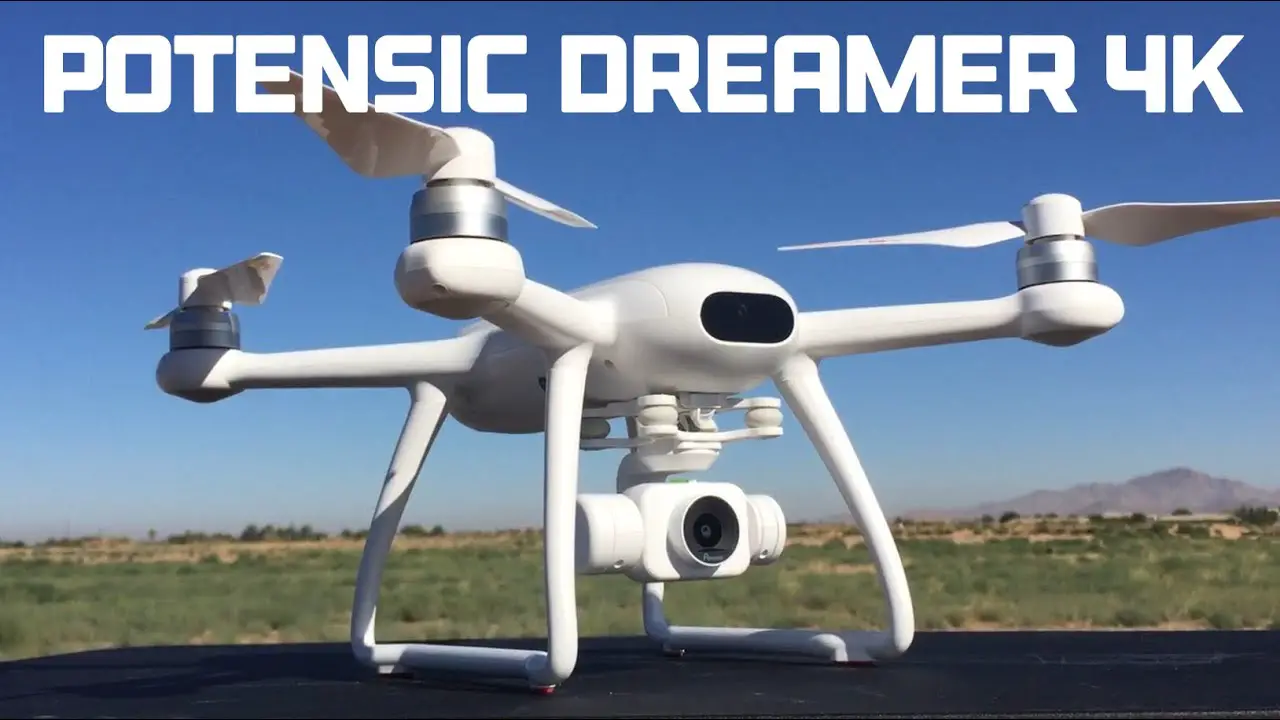
Price Range: ~$399–$499
Camera Specs: 4K at 30fps, Sony CMOS sensor
Flight Time: ~31 minutes
Why It’s Great: Potensic’s Dreamer series is lesser‑known, but the Pro model’s 4K footage is surprisingly crisp for the price. You don’t get multi‑direction obstacle avoidance or a fancy transmission system, but for learning cinematic flight, it’s a bargain.
Stepping Up: Mid‑Range 4K Drones for New Filmmakers
Once you’re comfortable in the beginner bracket, or if you have a slightly bigger budget, these mid‑range drones can bridge the gap between hobbyist and serious creator.
DJI Air 2S—Iconic All‑Rounder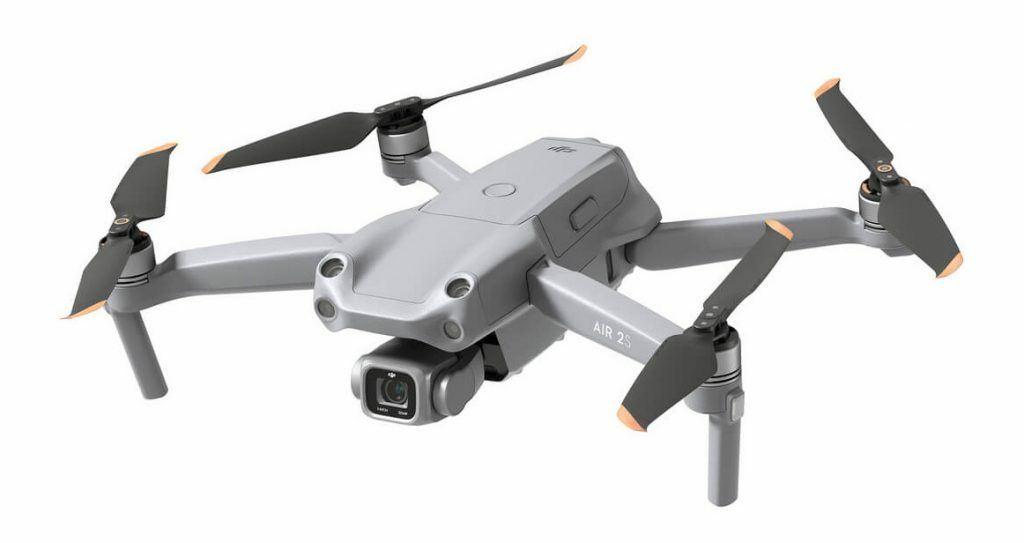
Price Range: ~$999–$1,299
Camera Specs: 1‑inch sensor, 4K at 60fps, can even do 5.4K at 30fps
Flight Time: ~31 minutes
Special Sauce: APAS 4.0 obstacle avoidance, robust O3 video feed, 12km range, and a 20MP still camera.
Why It’s Great: If you’re serious about color grading and dynamic range, the 1‑inch sensor is a huge jump over smaller drones. This is often recommended for semi‑pros shooting weddings, short films, and small brand commercials.
FIMI X8 SE 2022—Affordable Aerial Workhorse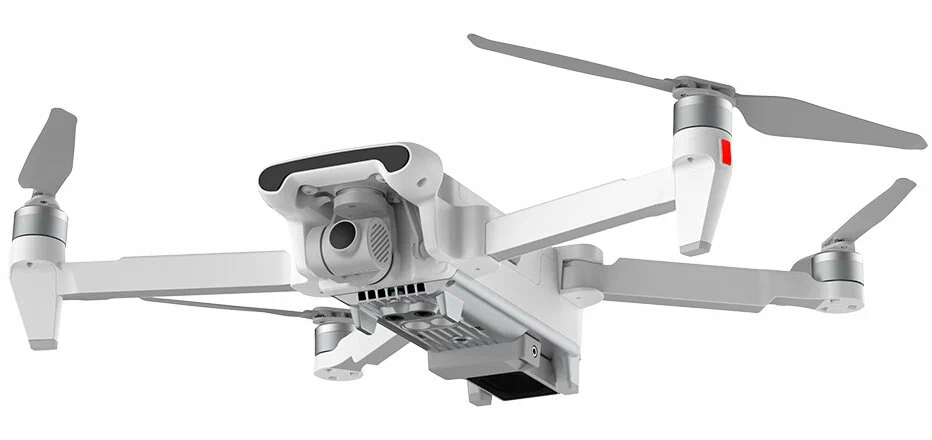
Price Range: ~$399–$499
Camera Specs: 4K at 30fps, 100 Mbps, 1/2.6‑inch sensor
Flight Time: ~35 minutes
Why It’s Great: FIMI is Xiaomi’s drone brand, offering a respectable alternative to DJI. While the camera can’t match the Air 2S in low light or dynamic range, it’s reliable, straightforward, and easy to repair, making it a great step‑up from the super budget realm.
Parrot Anafi 4K—Unique Gimbal & Versatile Angles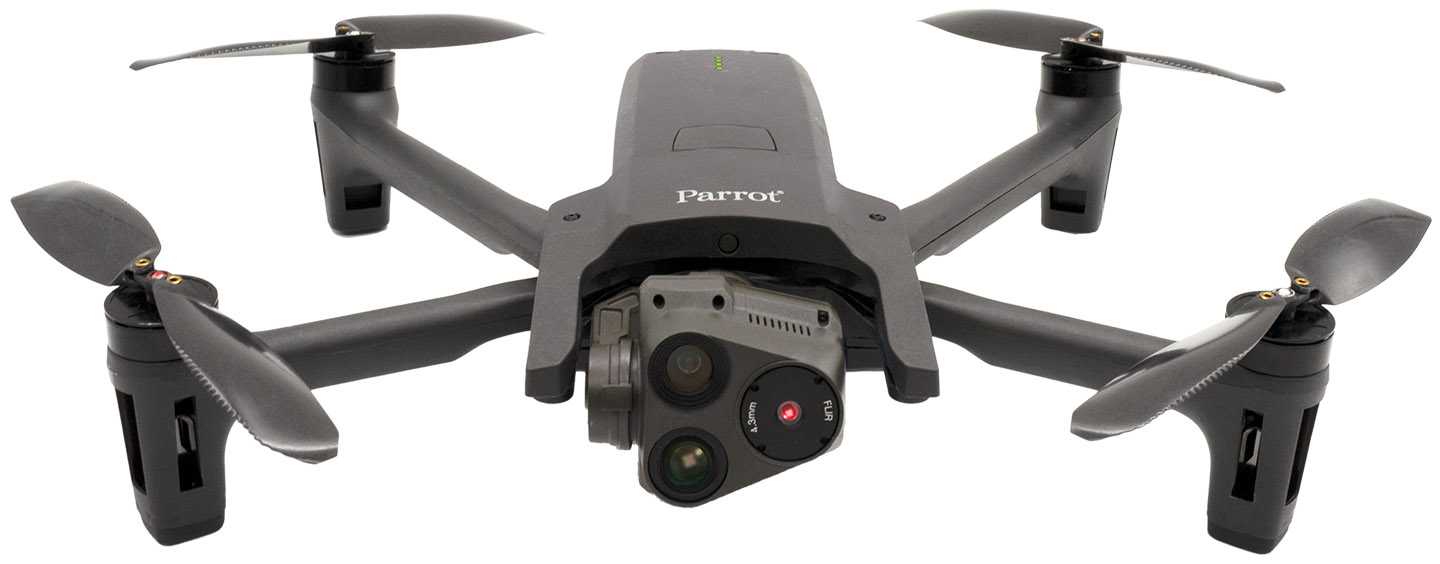
Price Range: ~$499–$699
Camera Specs: 4K HDR, up to 30fps, 21MP stills
Flight Time: ~25 minutes
Cool Factor: The gimbal tilts 180 degrees, letting you shoot straight up or down—handy for creative angles.
Why It’s Great: The Anafi’s portability is top‑notch, and it weighs under 350g. Though it lacks advanced obstacle avoidance, it has a quiet flight noise profile and an excellent HDR mode for dramatic sunset scenes.
Read Also Foldable E‑Bikes Under $1,500— Best folding e‑bike price
Advanced 4K Drones That Offer Professional Quality
For those wanting to jump straight into premium filming or plan to use the drone commercially right away, these top‑tier picks deliver broadcast‑level footage.
DJI Mavic 3—Flagship for Aspiring Pros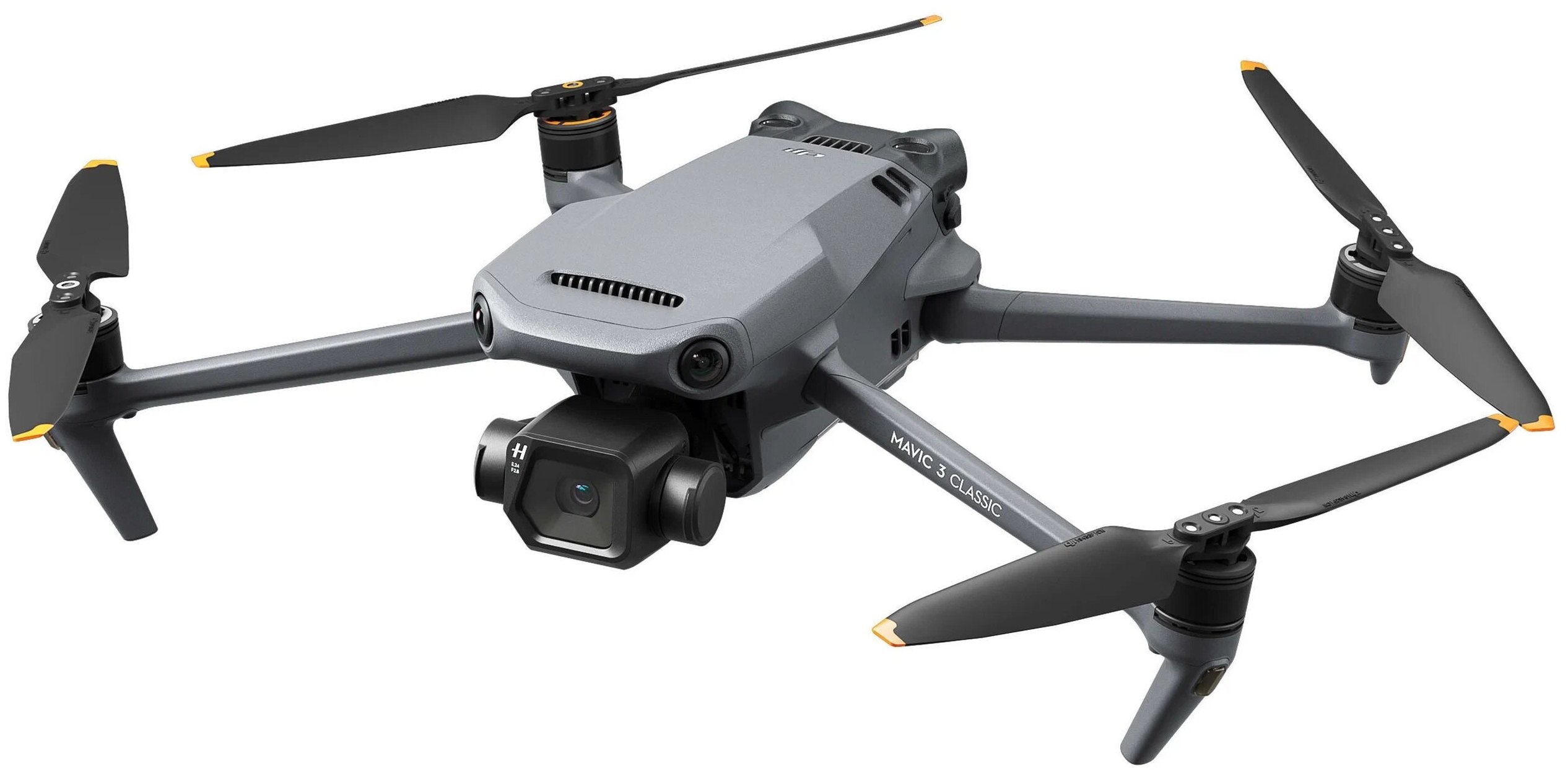
Price Range: ~$2,049–$2,999 (Cine edition with ProRes)
Camera Specs: 5.1K at 50fps, 4K at 120fps slow motion, dual‑camera system (wide & tele)
Flight Time: ~46 minutes
Obstacle Avoidance: Omnidirectional with advanced APAS 5.0
Why It’s Great: Sure, it busts the $1,000 range, but for future‑proofing your filmmaking, the Mavic 3 stands at the apex. If you crave super detailed color profiles and want to wow clients, it’s unbeatable in the consumer drone realm.
Autel EVO Lite+—Cinematic Performance in 4K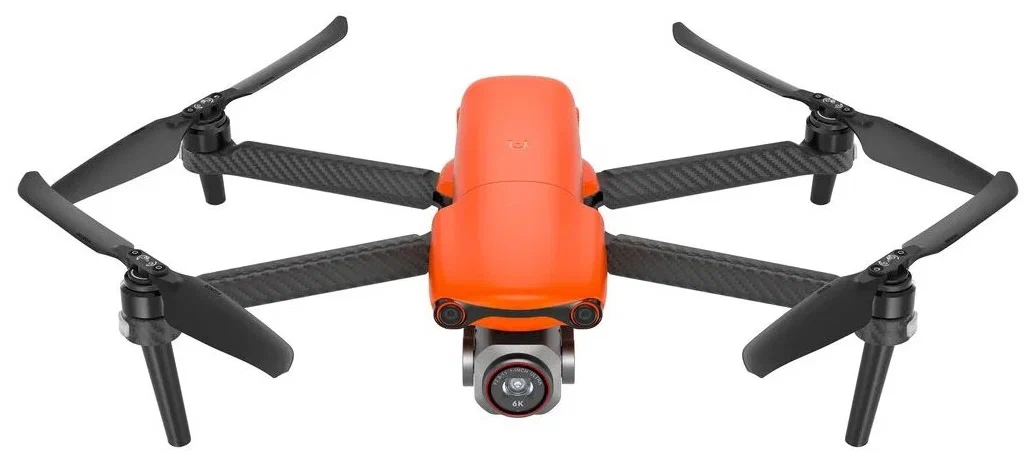
Price Range: ~$1,249–$1,849
Camera Specs: 1‑inch CMOS, 6K video possible, 4K at up to 60fps
Flight Time: ~40 minutes
Why It’s Great: Autel’s camera tech rivals DJI, and the Lite+ model specifically shines in low‑light conditions. For nighttime cityscapes or golden‑hour beach scenes, you get minimal noise and rich detail. If you prefer to avoid the DJI ecosystem or want a second brand, this is a top pick.
Skydio 2+—Autonomous Tracking and Obstacle Avoidance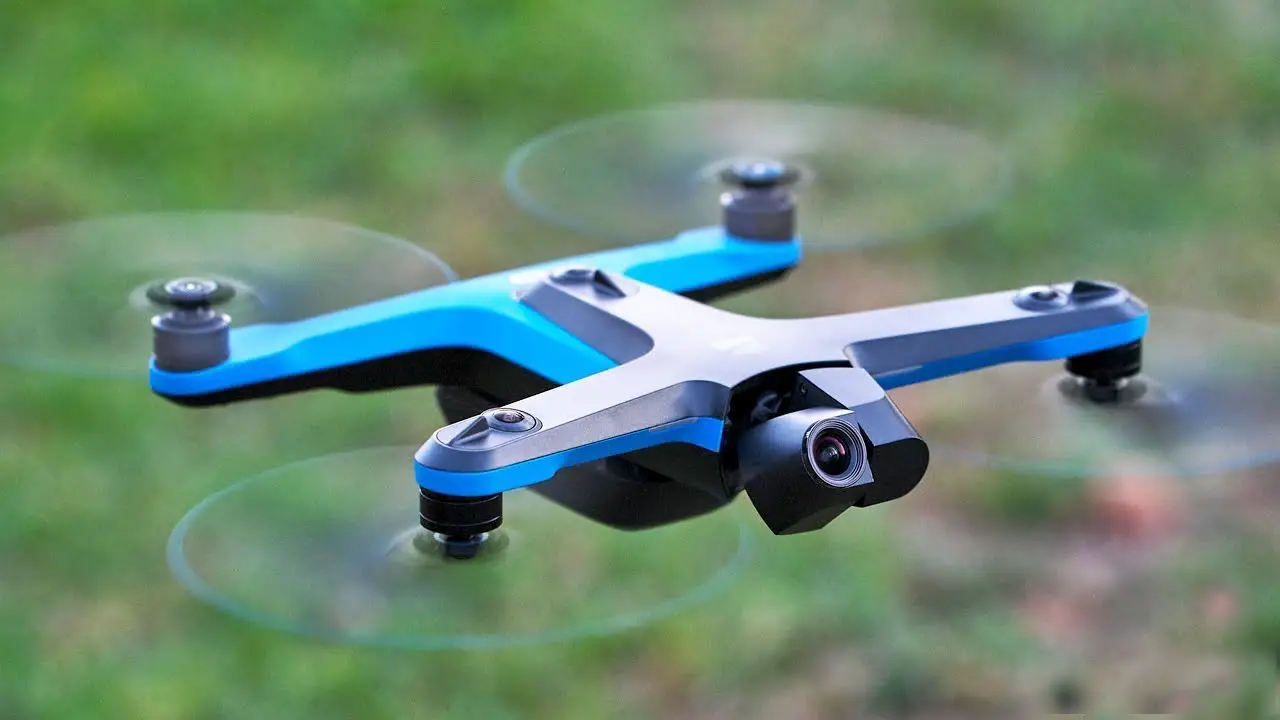
Price Range: ~$1,099–$1,399
Camera Specs: 4K at 60fps, Sony 1/2.3‑inch sensor
Flight Time: ~27 minutes
Why It’s Great: The Skydio line is revered for advanced AI tracking that practically drives itself around trees, under bridges, or through forest trails. It’s an absolute dream for action sports or chasing subjects without needing a second pilot to manage the camera.
Understanding Drone Regulations and Safety
Before you unleash your 4K drone over city skylines, you need to consider the rules. As a beginner filmmaker, you must know where you can legally fly and how to protect your equipment.
FAA Rules, Registration & Airspace Basics
In the U.S., any drone over 250g typically requires an FAA registration. You’ll also want to check airspace maps so you don’t violate restricted zones near airports or military bases. Apps like B4UFLY or DJI’s Fly Safe map help you stay legal.
Local Laws and No‑Fly Zones
Outside the U.S., each country has its own set of rules. Some require pilot permits, altitude limits, or geo‑unlocked zones. If you’re traveling internationally to shoot a documentary, do your homework beforehand. Nothing kills a shoot faster than having local authorities ground your drone because you missed a crucial regulation.
Insurance and Liability: Protecting Your 4K Investment
A 4K drone might cost anywhere from $300 to $3,000. That’s not chump change, and accidents happen. Look into drone insurance that covers both damage to your aircraft and potential liability if your drone crashes into someone’s property. Searching for “drone insurance quote” can yield high‑CPC affiliate leads if you’re blogging or vlogging about it.
Essential Cinematography Tips for 4K Drone Footage
Filming from the sky is thrilling, but raw footage can look underwhelming if you don’t apply basic cinematic principles.
Mastering the “Reveal” Shot and Smooth Panning
One classic drone move is to start low behind a foreground object—say, a rock or tree—and slowly rise to reveal an epic landscape. Gradual, smooth movements often trump quick or jerky pans. Practice controlling your yaw and pitch speeds so your transitions feel fluid.
Using ND Filters & Manual Camera Settings
For bright, sunny days, invest in a small ND filter set (ND4, ND8, ND16). These filters reduce light coming into the lens, letting you maintain a 1/50 or 1/60 shutter speed at 24fps or 30fps. That consistent shutter speed is crucial for natural motion blur—otherwise, your 4K footage might look too sharp or stuttery.
Storyboarding Aerial Sequences for Maximum Impact
Aerial shots are captivating, but too many random overhead clips stitched together can become repetitive. Think about your narrative: what’s your opening shot, your establishing shot, your transitions? Sketch out a simple storyboard so every flight has a purpose, whether it’s showcasing a city skyline or following a hiker along a trail.
Color Grading 4K Drone Clips in Post‑Production
Shooting in a flat or D‑Log profile can preserve dynamic range, but you’ll have to do color grading. Tools like DaVinci Resolve or Adobe Premiere Pro can help you tweak contrast, saturation, and highlights for that cinematic feel. The advantage of 4K is you have more color data to play with, making your final edit look professional.
Editing Workflow: Handling 4K Drone Footage Without a Supercomputer
Let’s face it, 4K clips can crush older laptops. But you don’t need a NASA‑level workstation if you’re strategic about your editing flow.
Recommended Software (Premiere, DaVinci Resolve, Final Cut)
Adobe Premiere Pro: Industry standard, robust color correction, great if you already pay for Creative Cloud.
DaVinci Resolve: Superb color grading, free version is quite capable.
Final Cut Pro: Highly optimized for macOS, can handle 4K surprisingly well on MacBook Pros.
Proxy Editing & Efficient Media Management
Proxy editing means creating lower‑resolution duplicates of your 4K files for smoother playback. Once you’ve done your cuts and transitions, you switch back to full‑res for final export. Label your clips properly and store them in an organized folder structure. This might sound trivial, but when you’re juggling hundreds of drone shots, a messy drive can cost you hours.
Export Settings for YouTube, Vimeo, and Film Festivals
YouTube compresses the life out of your video, but uploading 4K (3840×2160) ensures the platform allocates a higher bitrate. If you’re aiming for film festivals, you might want ProRes or DNxHR exports. For Vimeo or social media, balancing file size with quality is key—H.264 or H.265 at around 50–100 Mbps can look great.
Getting the Most Out of Flight Modes and Automation
Modern 4K drones come with fancy flight modes that can add cinematic flair without you manually controlling every movement.
Waypoint Missions, Orbit, and Follow Me
Waypoint missions let you plan a route on a map, specifying altitude, speed, and camera angles. Great for repeatable shots at the same location, or complex flight paths that you don’t want to wing on the spot. Orbit mode circles a subject at a chosen radius—perfect for unveiling your subject from all angles. Follow Me is a dream for action sports or tracking yourself as you run or bike, though always keep line of sight for safety.
Hyperlapse & Timelapse Techniques
Ever seen those videos where city lights streak like neon ribbons while the drone glides overhead? That’s a hyperlapse in action. Some drones automate it, capturing photos at intervals and stabilizing them into a fluid video. For timelapses, you might hover in one spot with a stable GPS lock or combine with a slow, pre‑programmed movement for an epic sense of passage.
Obstacle Avoidance in Automated Cinematic Moves
Automation is awesome—until your drone heads straight toward a tree trunk. That’s where robust obstacle detection matters. Even with advanced sensors, do a quick sweep of the environment for wires, branches, or anything that might fool the drone’s cameras. Give your flight plan enough buffer zone if the sensors are front‑only instead of multi‑directional.
Maintenance & Battery Care for Your 4K Drone
You wouldn’t skip oil changes in your car, right? Similarly, drones demand a bit of TLC to keep them airborne and filming at peak performance.
Proper Charging Habits and Battery Storage
High‑capacity lithium packs degrade faster if you always store them fully charged. If you know you won’t fly for a week, keep them around 50–60% to prolong their life. Extreme heat or cold can also degrade cells, so avoid leaving batteries in a car trunk under the summer sun. Many “intelligent flight batteries” discharge to a safe level after a few days, but always double‑check your manual.
Firmware Updates and Calibration
Manufacturers release firmware updates to fix flight stability issues or add new features. Updating might require hooking up your drone and remote to a desktop app or phone app—just be sure you have enough battery and a stable internet connection. Also, calibrate your compass, IMU, and gimbal regularly. This ensures accurate flight control and stable footage, especially after traveling to new locations or passing through airports.
Cleaning Lenses & Gimbal Care
Drones pick up dirt, dust, and the occasional bug splatter. Use a lens pen or microfiber cloth to gently clean the camera lens. Be sure the gimbal is powered off when you handle it; forcing it around could damage the motors. If you notice shaky footage or the horizon seems tilted, run a gimbal calibration. Many drones let you set a small offset if the horizon doesn’t look perfectly level.
Monetizing Your 4K Drone Footage
Hobbyists can quickly pivot to professional gigs once they realize how many people want crisp aerials—without investing in their own gear.
Stock Footage Platforms & Licensing
Sites like Shutterstock, Adobe Stock, and Pond5 let you upload your 4K drone clips for global buyers. A single scenic clip can earn recurring royalties. High‑CPC keywords to mention: “drone footage for sale,” “buy 4K drone stock footage,” etc. People in real estate, tourism, or marketing might buy your shots.
Social Media Collabs & Sponsored Aerial Shoots
Influencers and small businesses might pay you to capture overhead product shots, resort tours, or event coverage. Setting up an Instagram page showcasing your best 4K aerials can attract brand sponsors or local partners. You can also approach tourism boards or travel companies—especially if you have a knack for capturing stunning landscapes.
Building a Freelance Portfolio for Local Businesses
Restaurants wanting overhead shots of their new patio, realtors needing dramatic property tours, or farmers wanting to show off solar panel expansions—there’s a big market out there. A simple website or Fiverr/Upwork profile can funnel gigs your way. Emphasize your 4K quality, knowledge of local regulations, and quick turnarounds. Over time, word‑of‑mouth and client testimonials can help you raise your prices.
Beyond Filmmaking: Additional Uses for a 4K Drone
Your drone can do more than just produce gorgeous cinematic shots. You can explore side projects or volunteering gigs that help your community.
Real Estate Photography & Mapping
Realtors pay good money for overhead views and panoramic tours, particularly of large estates, farms, or commercial plots. Some drones also stitch together images for 3D mapping or orthomosaic creation, which can be valuable for developers.
Search & Rescue Training and Volunteer Projects
Although official search and rescue typically rely on specialized teams, volunteer drone pilots sometimes assist in community searches for missing pets or people. If you’re comfortable flying at low altitudes under tricky conditions, your 4K camera can help scan wide areas quickly—just be mindful of local laws and coordinate with authorities.
Agriculture Surveys & Environmental Conservation
4K detail helps spot crop stress, irrigation issues, or invasive species from the air. Some advanced drone setups even use multispectral sensors, but for a beginner, a basic 4K feed might still offer valuable insights. Environmentalists also use drones to document deforestation, pollution, or wildlife patterns.
The Future of 4K Drone Tech: What’s Next?
As impressive as 4K drones are today, the march of technology shows no sign of slowing down. If you’re investing time into learning aerial cinematography, you’re also stepping into a field that’s evolving at warp speed.
8K Drones, Micro 4‑Thirds Sensors & AI Filming
Mid‑level prosumer drones are already flirting with 5.1K or 6K. The next wave includes 8K resolution with bigger Micro Four Thirds sensors, offering near‑cinema quality on sub‑5lb rigs. AI filming features could automatically select your best shots, highlight your subject with intelligent framing, or even detect unusual events—like a wildlife cameo or a bursting firework—so you never miss a cinematic moment.
Foldable Wings, Better Battery Tech & Hydrogen Fuel Cells
We’re seeing prototypes of drones with advanced battery chemistry (solid‑state or hydrogen fuel cells) that might yield 60+ minutes of flight time. Foldable wing drones are also under development, promising drastically improved aerodynamics. Imagine a drone you can launch like a plane, then hover and pivot midair with rotor adjustments. That’s the future that’s already in R&D labs worldwide.
Drone Swarms & Virtual Reality Flight Experiences
Some filmmakers experiment with multiple drones flying in sync to create multi‑camera arrays or mesmerizing light shows. VR flight is also picking up, letting you immerse yourself in a 360° cockpit. This has huge potential for live events, interactive storytelling, or fully immersive experiences on location.
Read Also What Are the Best Portable Power Stations for Camping?
Conclusion
Entering the world of 4K drone cameras can feel like stepping into a futuristic playground, where the only real limit is your imagination. Thanks to falling hardware costs, you don’t need a blockbuster budget to film sweeping aerial vistas or dynamic overhead action sequences. With the right drone, a bit of practice, and an understanding of drone regulations, you can transform your creative vision into cinematic gold.
Remember to prioritize safety—both for your drone and for anyone around you. Check local laws, keep your batteries healthy, and continually refine your flight skills. You’ll be surprised how quickly you can progress from shaky, “my first flight” footage to stunning 4K panoramas that rival bigger film crews.
If you’re hungry to monetize your new aerial vantage point, stock footage sites, local gigs, or social media sponsorships are all viable stepping stones. Or maybe you just want to capture memories of family vacations, backyard barbecues, or that once‑in‑a‑lifetime road trip. Either way, your 4K drone will open up a cinematic dimension that few other cameras can match.
Now that you’ve gotten a full crash course (without any actual crashing, we hope), you’re ready to pick a drone that suits your skill level and budget. Practice safely, push your creativity, and watch your filmmaking soar to brand‑new heights.
FAQs
1. Do I Need a License to Film Commercially with My 4K Drone?
Yes, in many countries like the United States, you need a “Part 107 Remote Pilot Certificate” for any commercial drone operation. That includes real estate photos, event videography, or anything where you’re making money. The exam covers airspace knowledge, weather, drone maintenance, and more. If you’re purely flying for fun, you typically don’t need a commercial license—though you may still have to register your drone if it weighs over 250 grams.
2. How Do I Ensure Stable 4K Footage in Windy Conditions?
First, choose a drone known for strong GPS lock and a reliable gimbal. Next, keep your flight height moderate—wind tends to intensify the higher you go. If your drone offers a “Tripod Mode” or “CineSmooth,” use it to slow down flight movements and get stable footage. You can also add slight post‑production stabilization, but it’s better to start with smooth in‑camera footage. Lastly, check the manufacturer’s recommended max wind speed. If gusts exceed that limit, it’s best to stay grounded.
3. What’s the Minimum Laptop Specs for 4K Drone Video Editing?
Aim for at least 8GB of RAM (16GB recommended), a midrange GPU (like an NVIDIA GeForce GTX 1050 or better), and a decent quad‑core CPU (Intel i5 or i7, AMD Ryzen 5 or 7). An SSD for your OS and media files accelerates playback. You can edit 4K on slightly weaker specs if you proxy‑edit, but you’ll want those specs if you plan to color grade or use advanced effects.
4. Are 4K Drones Safe to Fly Over People?
Generally, flying over people’s heads is restricted or outright prohibited in many jurisdictions unless you have a waiver or special permit. The FAA Part 107 regulations in the U.S. typically forbid flying directly over uninvolved people. Newer drones under certain weight thresholds and with Category certifications might have more lenient rules. Always err on the side of caution—no shot is worth risking public safety or potential legal trouble.
5. How Long Can I Expect My Drone’s Battery to Last over Time?
Most lithium‑ion or LiPo batteries maintain strong performance for around 200–300 full charge cycles before noticeable capacity drop‑off. That might equate to two or three years of moderate use, if you take care of them. Storing batteries at around 50–60% charge when not in use, avoiding extreme temperatures, and using recommended chargers can extend their lifespan. Some “intelligent flight batteries” will auto‑discharge to a safe level if left idle for days, which helps preserve overall battery health.







